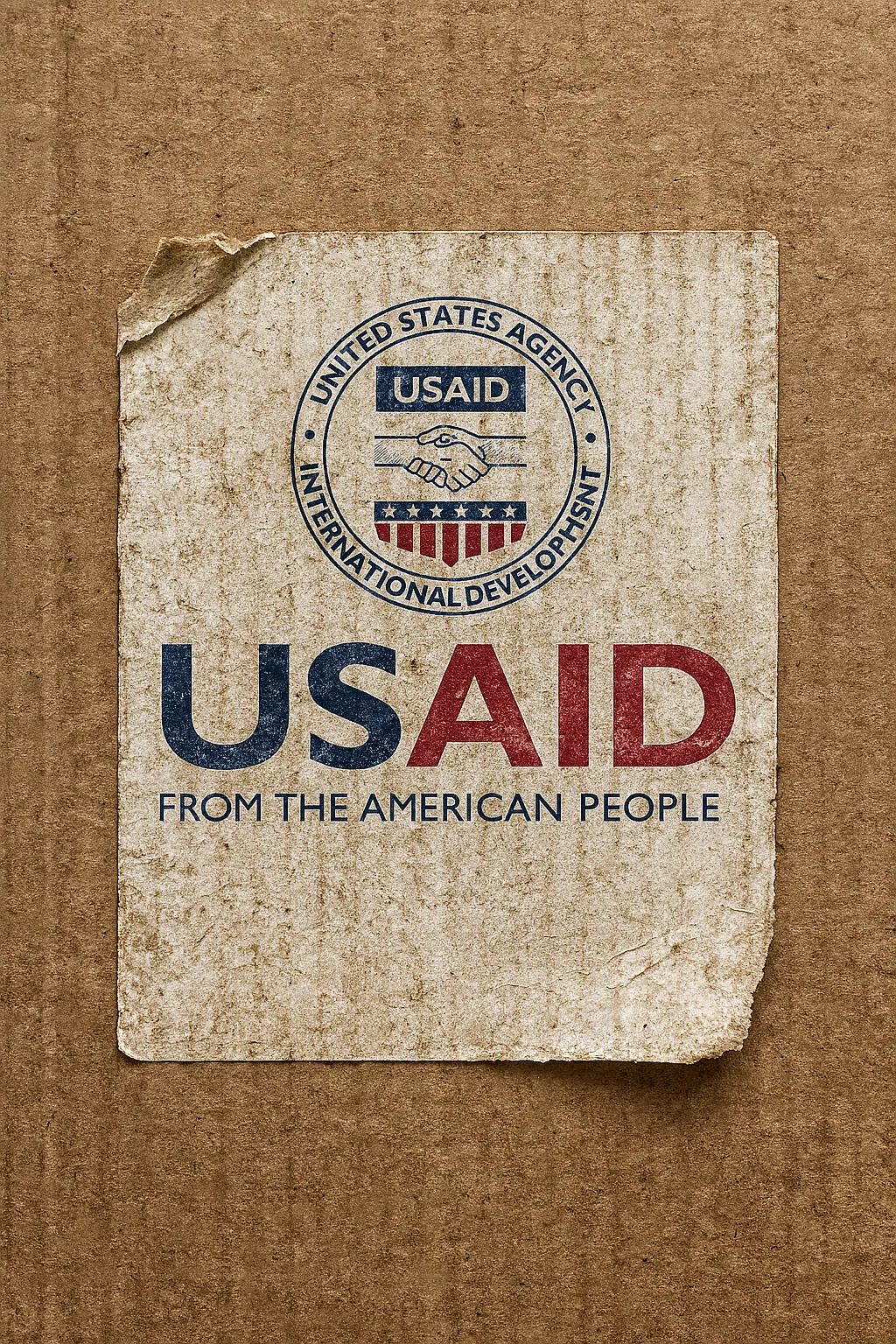Foreign Aid as a Strategic Game
Game theory highlights that states operate in an interconnected environment where payoffs depend on the choices of others. For the United States, the provision of aid can be modeled as a two-stage game:
Stage One: The U.S. chooses whether to provide aid.
Stage Two: The recipient country decides whether to align with U.S. interests or defect toward rival powers.
In this framework, aid functions as a signal of cooperation and a mechanism to influence equilibrium outcomes.
The Dynamic Game Theory Payoff Matrix
The following payoff matrix models the U.S. decision to provide aid versus withholding aid, followed by the recipient’s strategic response:
If the U.S. provides aid and the recipient aligns, both actors gain a mutually beneficial payoff (+3, +3).
If the U.S. provides aid but the recipient defects, the U.S. incurs a loss (–2) while the recipient still benefits (+2).
If the U.S. withholds aid and the recipient nevertheless aligns, both achieve only minimal payoffs (+1, +1).
If the U.S. withholds aid and the recipient defects, the U.S. suffers a significant loss (–3), while the recipient still gains moderate benefits (+2).
The matrix demonstrates that the dominant strategy for the U.S. is to provide aid, as it maximizes the likelihood of cooperative equilibria while minimizing worst-case outcomes.
Benefits in Game-Theoretic Terms
Stabilization of Cooperation (Repeated Games): Aid fosters a long-term equilibrium of reciprocity, encouraging repeated cooperation in trade, diplomacy, and security.
Influence and Signaling (Costly Signals): Aid serves as a credible signal of U.S. leadership, strengthening alliances and global reputation.
Market Expansion (Positive-Sum Games): By increasing prosperity abroad, aid raises demand for U.S. goods and services.
Mitigation of Rival Influence (Competitive Games): Aid reduces the strategic payoff of aligning with U.S. rivals such as China or Russia.
Global Public Goods (Commons Dilemmas): Aid investments in health, climate, and stability prevent negative spillovers that could harm U.S. interests and citizens.
Conclusion
From a game-theoretic standpoint, U.S. foreign aid is not an act of benevolence but a strategic investment in global cooperation, influence, and stability. The dynamic payoff matrix illustrates that providing aid yields higher expected payoffs for both the donor and the recipient, while withholding aid increases the risk of rival alignment and instability. Thus, foreign aid enhances U.S. national interests by shaping equilibria in favor of cooperation rather than conflict. Notwithstanding the ethical imperative that wealthy countries have toward resource sharing with poorer countries, especially when the aid provided is a tiny fraction of annual Federal expenditures.
About the Author:
Lawrence R. Kunkel is a Game Theory and Complexity Economist. Kunkel’s work embodies what might be called an interdisciplinary systems humanism: a fusion of economics, philosophy, social psychology, chaos theory, and art history into a unified framework for understanding and improving human society. He envisions a future in which economic systems are designed not merely for efficiency and growth but for freedom, justice, stability, and resilience. Mr. Kunkel did his graduate work in Economics at the University of Chicago, where he served as a research assistant to George J. Stigler, the 1982 Nobel Laureate in Economics.
The views expressed in this piece are those of the author and do not necessarily represent the position of the Alliance 4 American Leadership (A4AL) alone. Alliance 4 American Leadership would like to acknowledge the many generous supporters who make our work possible.













